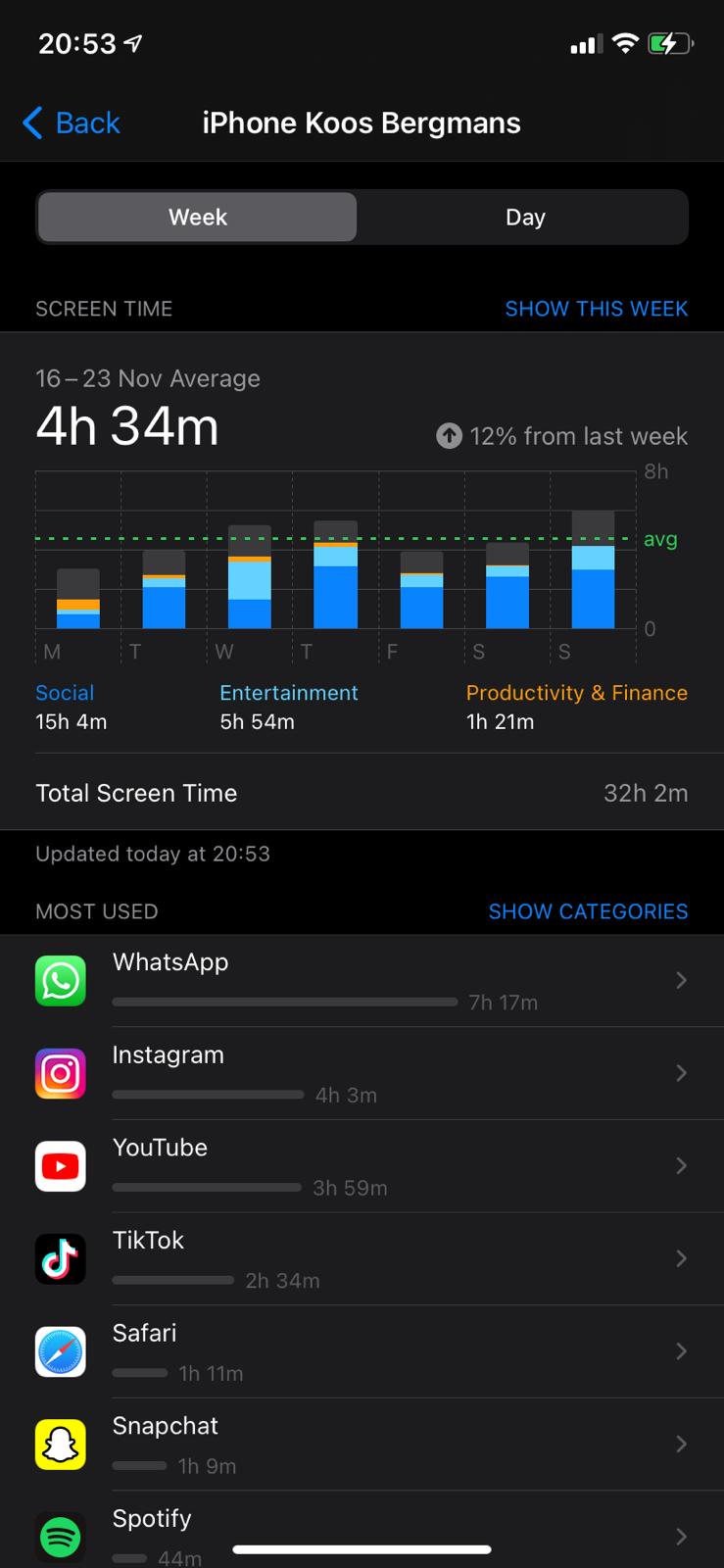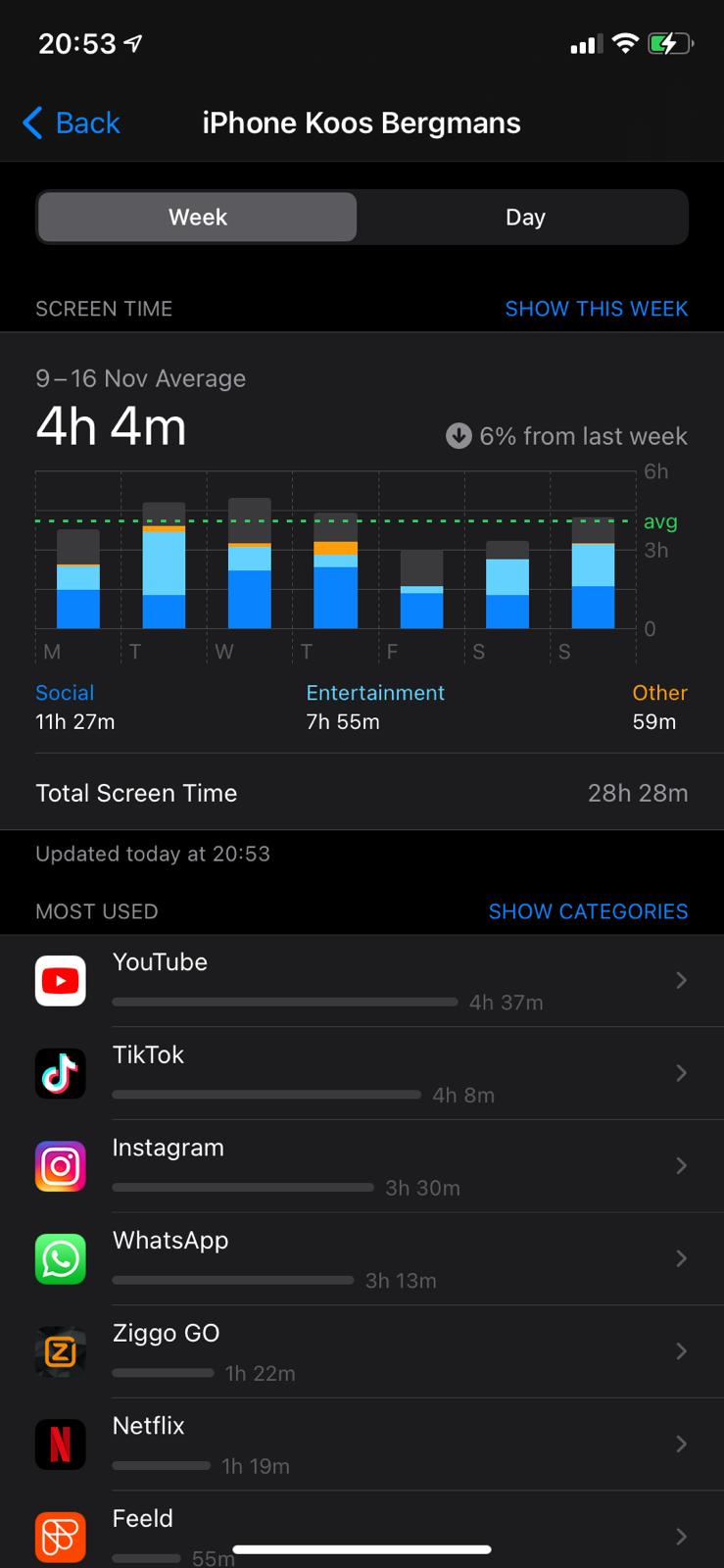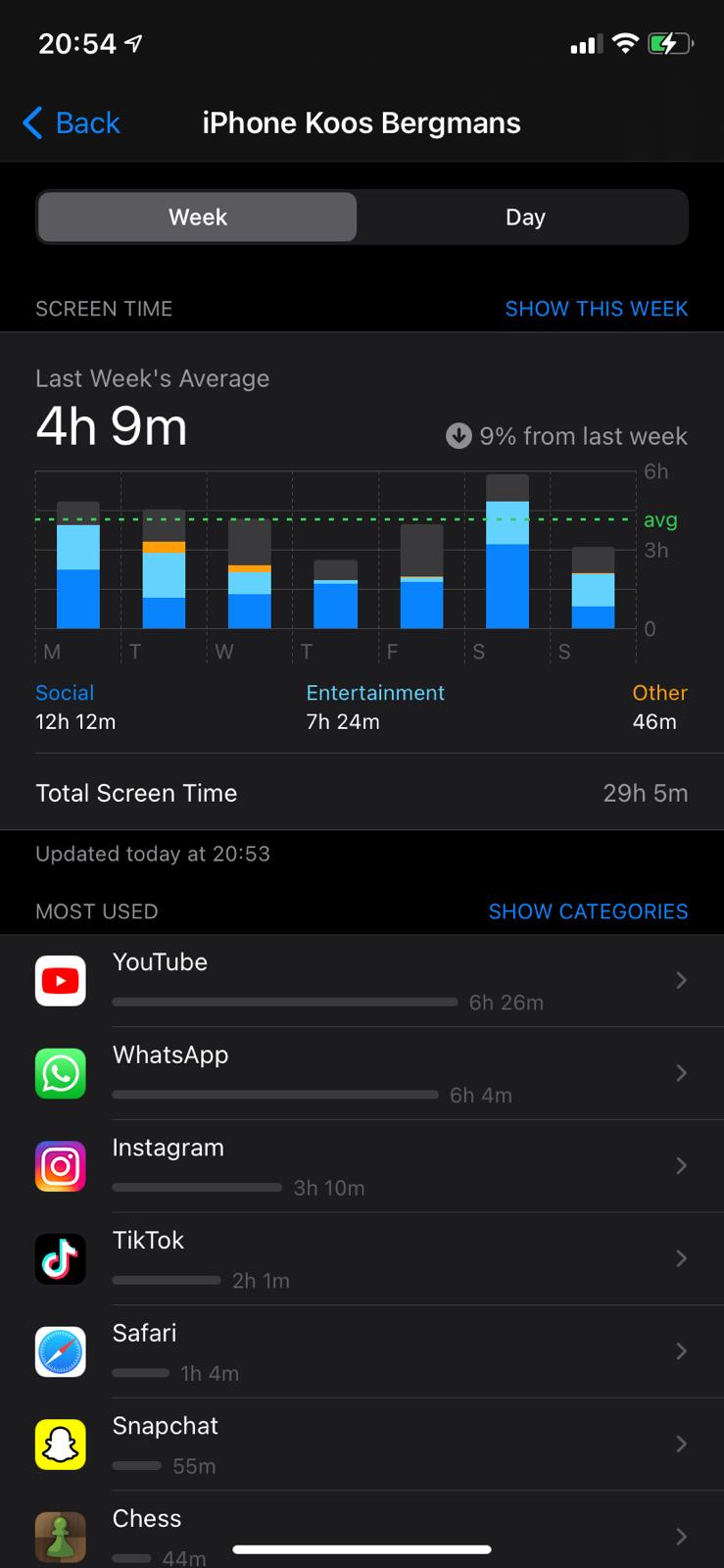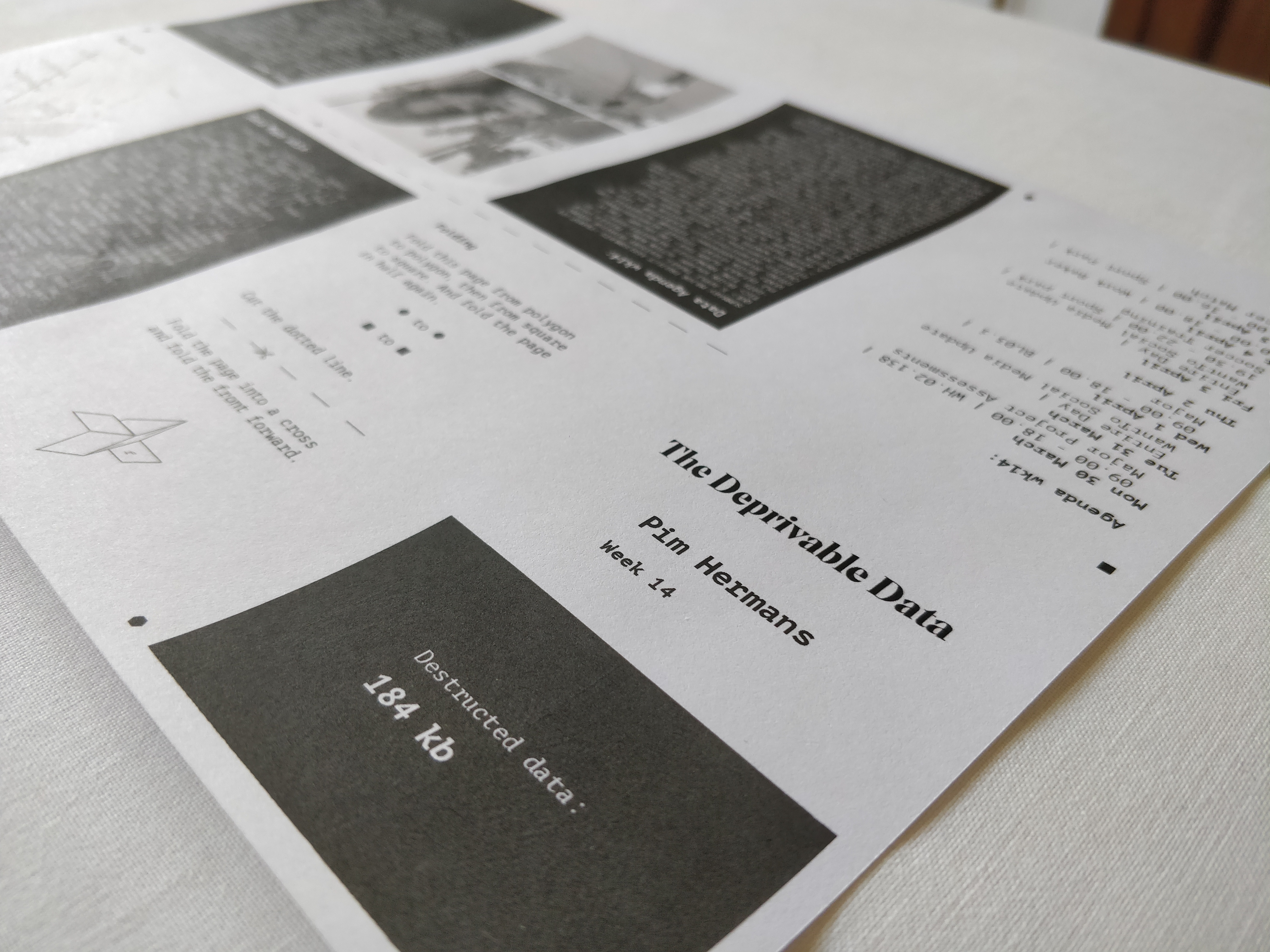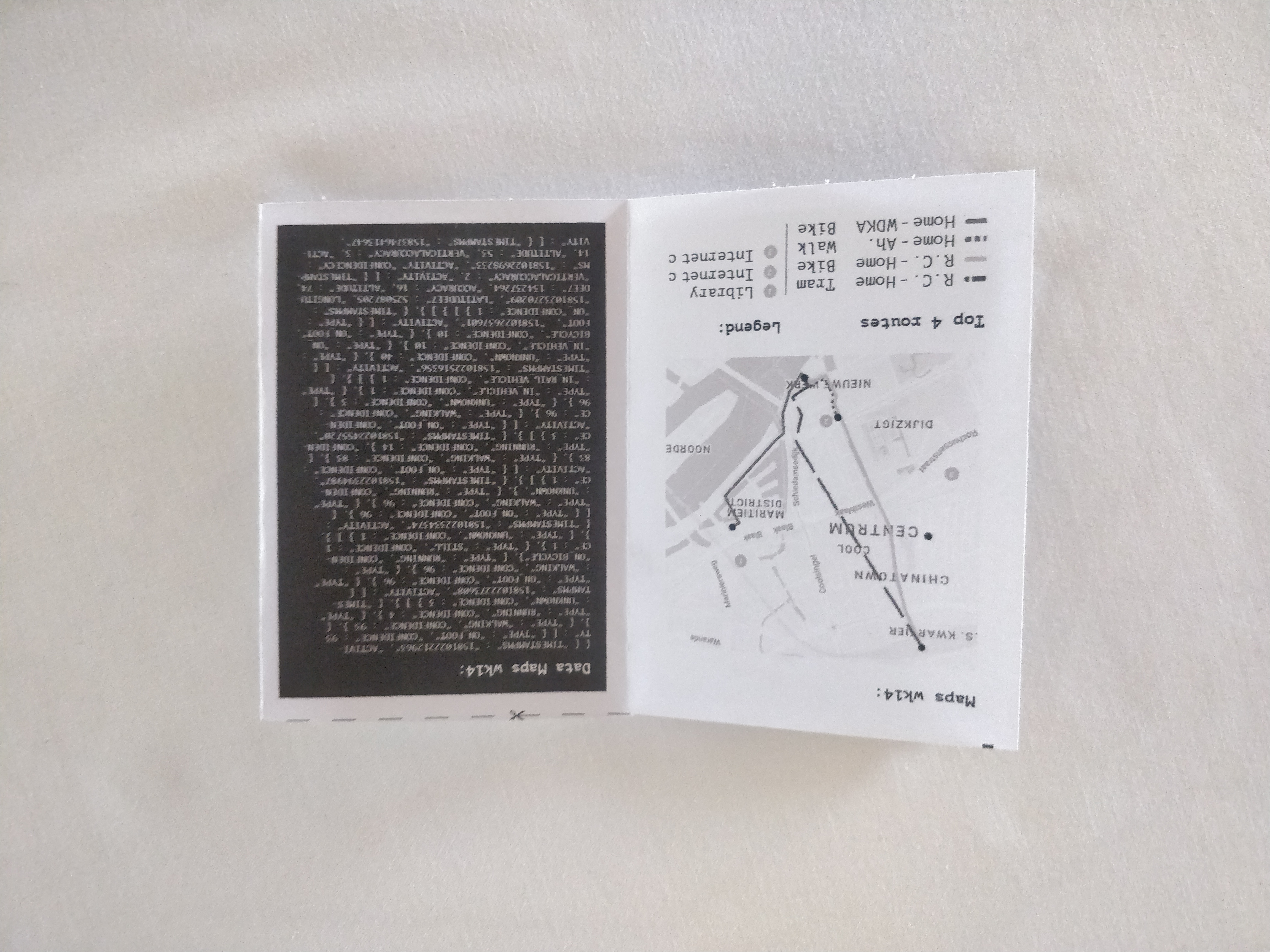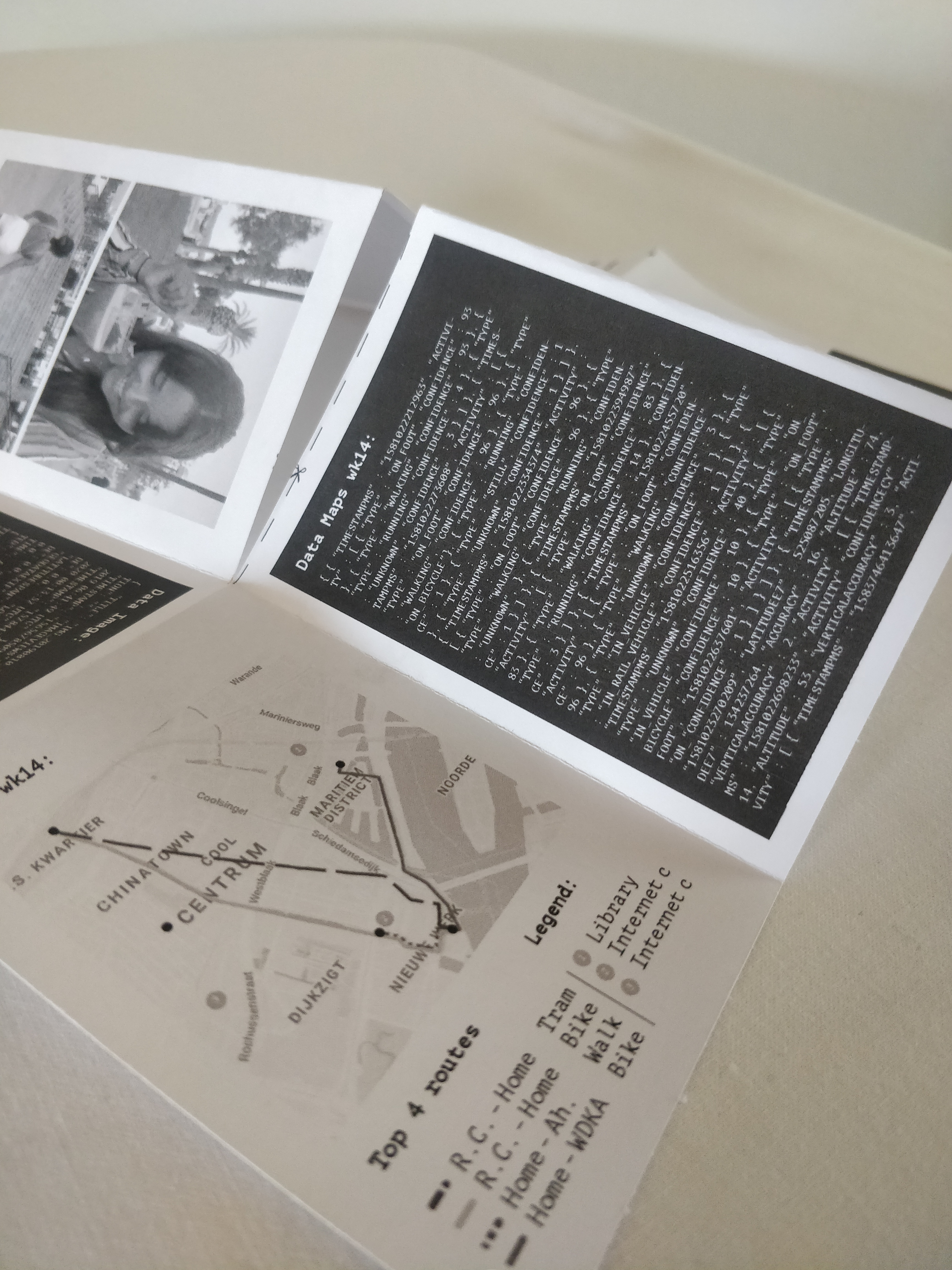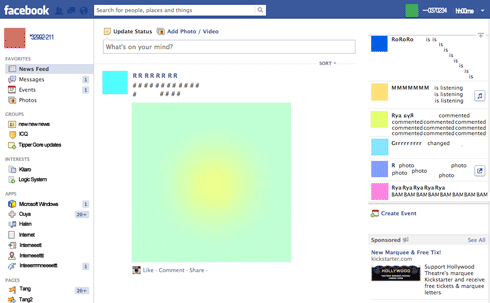Next Design Lab Theory
What role does "sense of belonging" play in social media?
Pim Hermans
In this journal, I research and question what role “sense of belonging” plays in the social media world. To find out whether and how large tech companies keep us in their online world and what this does to us as humans. My intention of this research is to provide the reader and myself with insight into the power of social media and what it all means in and around today's life.
Research study of MedicalNewsToday:
Expanding on this research, the new studies examined how “lurking” – passive Facebook participation – and ostracism on Facebook contribute to shaping users’ sense of self-esteem and belonging.
In the first study, a sample of Facebook users who posted frequently were recruited and randomly assigned into groups. One group was asked to post as usual over the study period of 2 days, while the other group was instructed not to post during the same period. All participants could log in to Facebook and read information, but only the “post as usual” group were allowed to make public posts or respond to other people’s posts.
“It is communication,” the researchers claim, “rather than simple use, that is key in producing a sense of belonging.”
Following the experiment, the researchers recorded the participants’ levels of belonging, self-esteem, control and meaningful existence.
The researchers found that the “do not post” group reported lower levels of “belonging” and “meaningful existence” than those in the “post as usual” group. The authors say that this shows Facebook users experience lower need fulfillment when they refrain from sharing information.
Interestingly, the participants in the “post as usual” group reported less satisfaction with responses to their posts during the study period, and this was also associated with lower belonging and self-esteem than they normally experienced. The authors describe this finding as evidence that the lack of participation and feedback from their non-posting friends in the experiment threatened the posting group’s sense of belonging.
https://www.medicalnewstoday.com/articles/276656#-Studying-lurking-and-Facebook-ostracism-
Status Social Media:
Social media websites have continued to proliferate, and the way in which people stay connected has also evolved. The issue of user loyalty to website remains crucial given that the competition is severe. Websites need loyal users who continue to use their sites to survive and be successful. In this research, we applied self-regulation framework to investigate the factors leading to user loyalty to a social media site.
In particular, the role of sense of belonging, which is a common emotional reaction to a social media site, is examined. A survey of users in a popular social media site in Taiwan was conducted.
Results show that both sense of belonging and service quality have direct effect on loyalty, whereas trust affects loyalty indirectly by fostering a sense of belonging. Service quality affects loyalty through trust and sense of belonging. Notably, trust has insignificant effect on loyalty as originally proposed. Users are then classified into two groups, namely, heavy and light users, based on their usage. Among light users, service quality has no direct effect on loyalty. Therefore, sense of belonging has sole direct impact on loyalty. Both service quality and sense of belonging contribute to loyalty in users who spend more time online. Implications of this study are also discussed
https://www.researchgate.net/publication/281225176_The_Role_of_Sense_of_Belonging_in_Social_Media-_Usage_A_Tale_of_Two_Types_of_Users
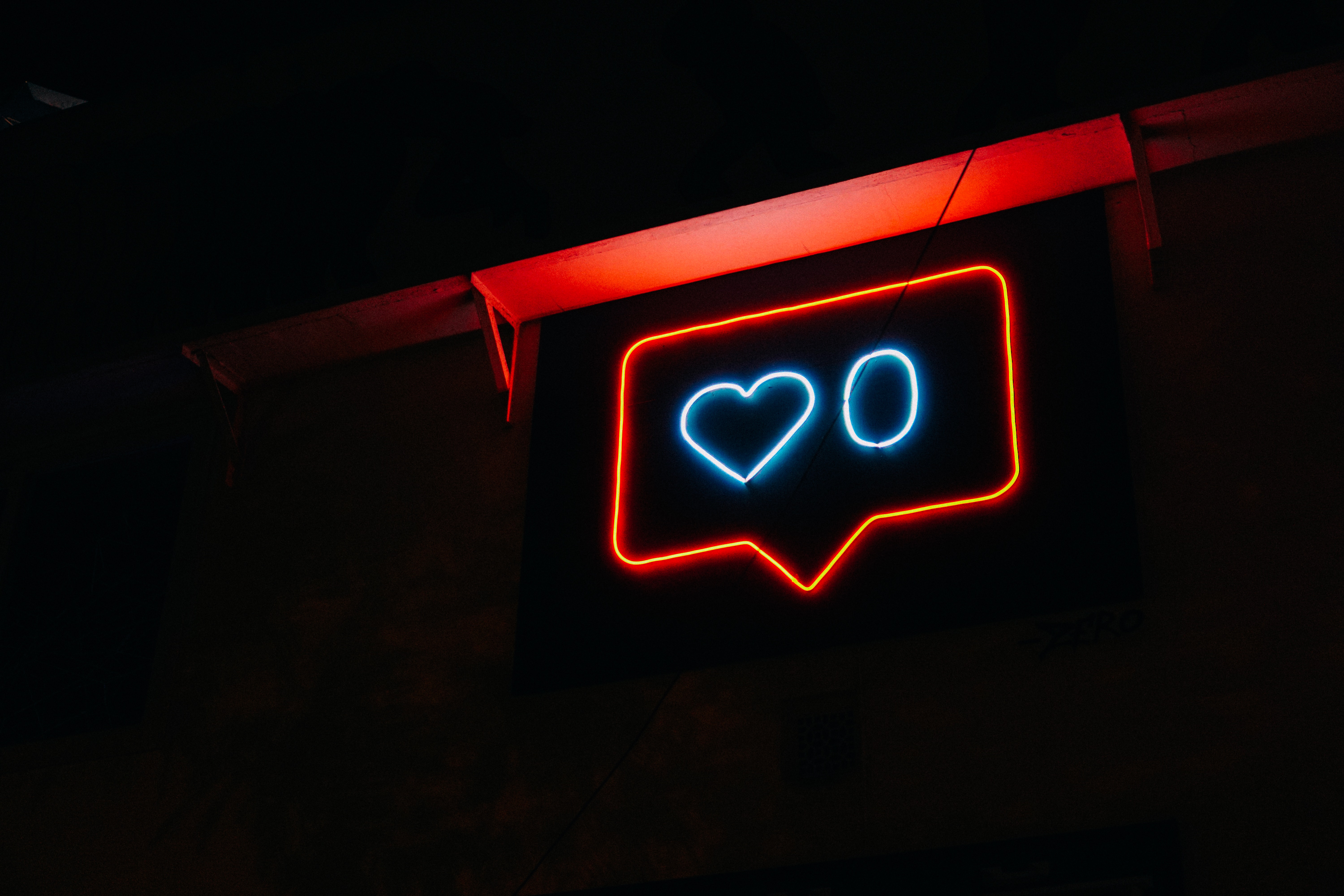
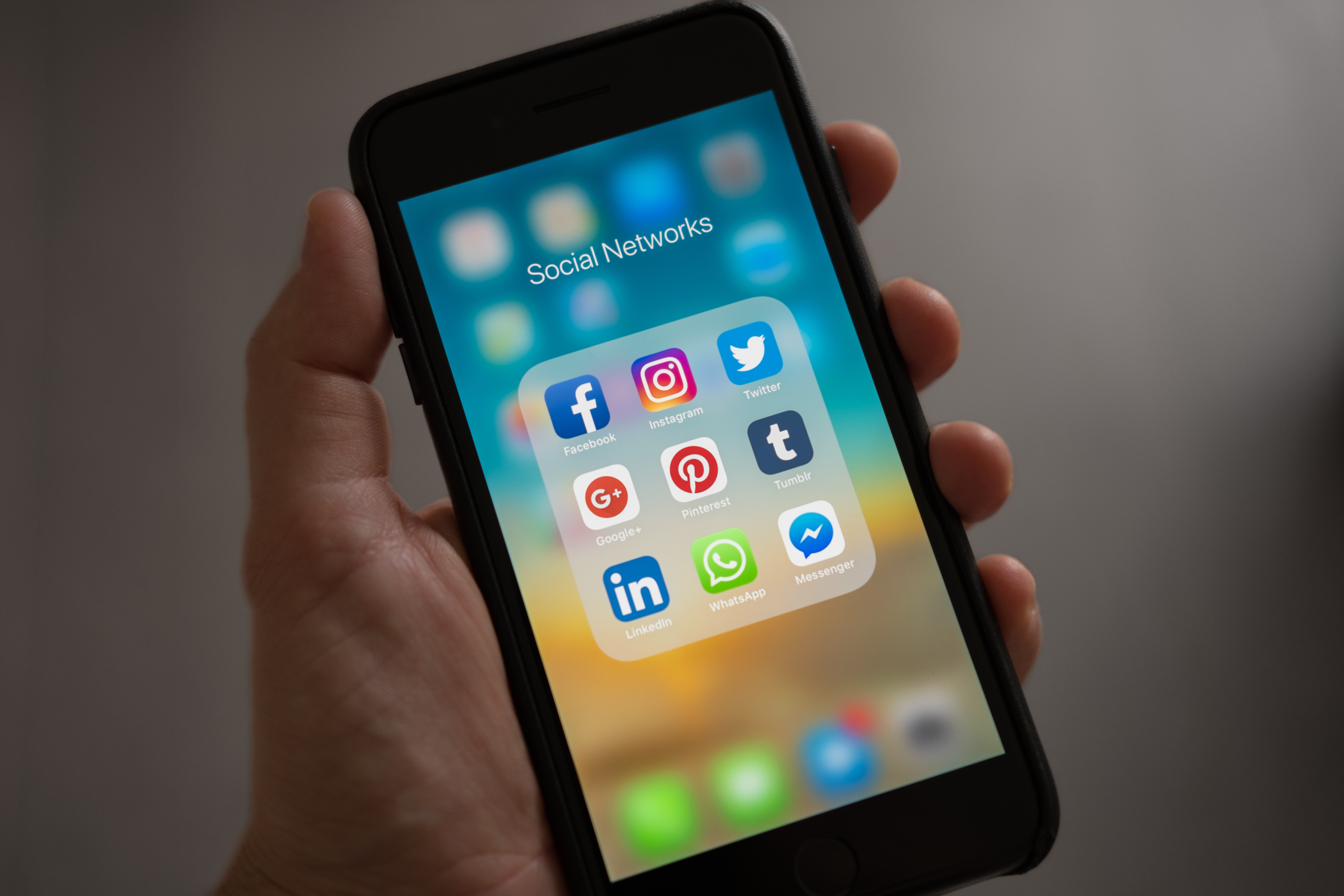
How to create sense of belonging:
Having a sense of belonging is a common experience. Belonging means acceptance as a member or part. Such a simple word for huge concept. A sense of belonging is a human need, just like the need for food and shelter. Feeling that you belong is most important in seeing value in life and in coping with intensely painful emotions. Some find belonging in a church, some with friends, some with family, and some on Twitter or other social media. Some see themselves as connected only to one or two people. Others believe and feel a connection to all people the world over, to humanity. Some struggle to find a sense of belonging and their loneliness is physically painful for them.
Some seek belonging through excluding others. That reflects the idea that there must be those who don't belong in order for there to be those who do. Yet a single instance of being excluded can undermine self-control and well being and often creates pain and conflict.
A sense of belonging to a greater community improves your motivation, health, and happiness. When you see your connection to others, you know that all people struggle and have difficult times. You are not alone. There is comfort in that knowledge.
https://www.psychologytoday.com/us/blog/pieces-mind/201403/create-sense-belonging

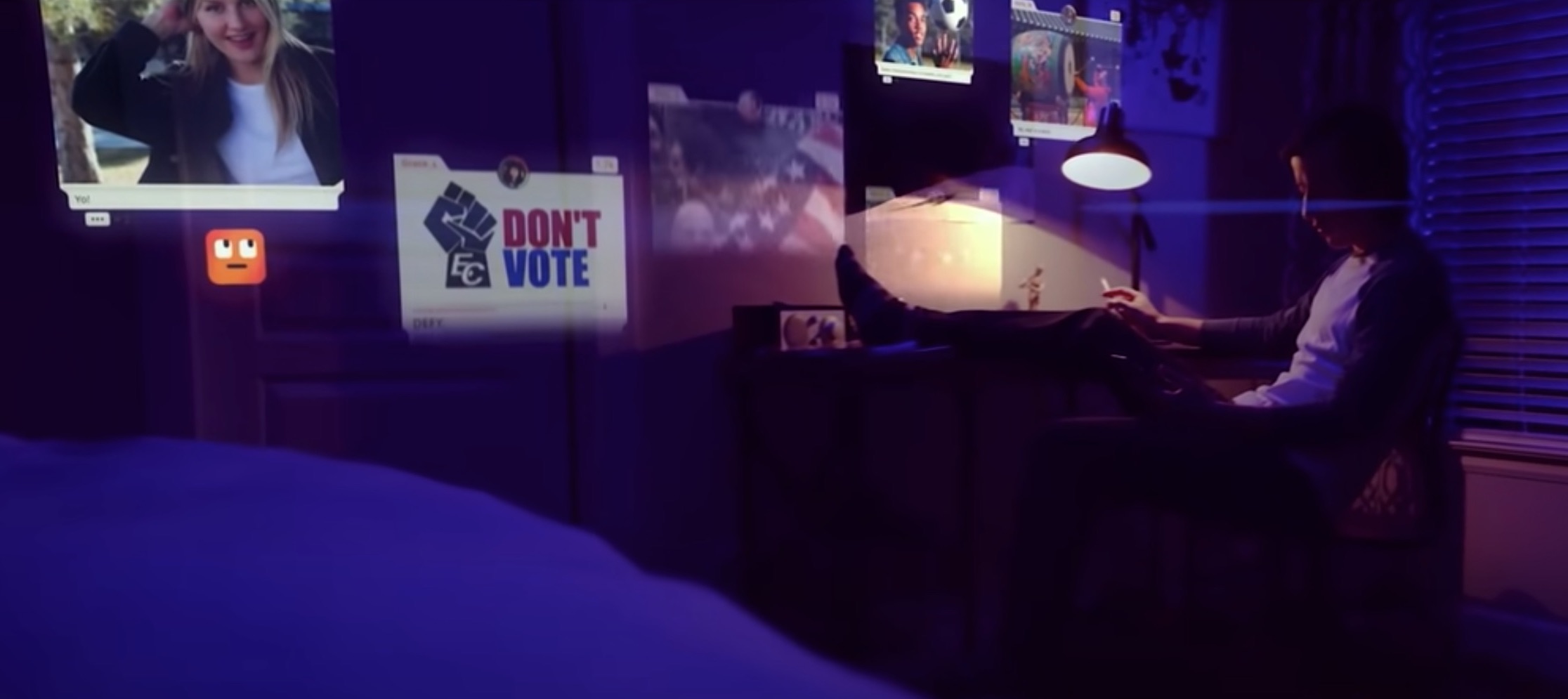
Other inspirtation & Research
Before many people join a network, it may not be so useful. But the more people join, the more useful it becomes. That’s the network effect. Facebook is a step beyond that — it’s the network effect on steroids.
This is what makes facebook so great — it knows everything about you! — and what makes facebook so awful — IT KNOWS EVERYTHING ABOUT YOU. And while its network of 2.13 billion monthly users doesn’t pay any money to use the core service, Facebook makes plenty of money — millions daily — *buy providing advertisers access to that user data*. And everyone on the site agreed to this when they signed up.
Social media site is a dumpster fire
Social media sites like Facebook, Twitter, YouTube, and Instagram are built to cater to the base preferences and desires of their users -- figuring out what information people enjoy with and then showing them more of it. That’s a great way to keep people online, but it also makes these platforms prime target for con artists. People are naturally drawn to inflammatory and sensational news stories, regardless of whether or not they're true. So bad actors -- conspiracy theorists, trolls, and fake news writers -- have been tremendously successful in using these platforms to spread false and divisive content that exploit people’s tribal instincts.
In 2016, it was Macedonian teens making thousands of dollars publishing inflammatory fake stories about Hillary Clinton. After the Parkland shooting, it was random YouTubers going viral by accusing students of being crisis actors. Even the Russian trolls who meddled in the presidential election did so by posting low-quality, highly emotional content to social media -- content they knew would go viral.
The problem with these social media sites isn’t that a few bad apples are ruining the fun. It’s that they’re designed to reward bad apples. And as long as con artists can use these platforms to prey on people’s most base desires, social media sites will continue reflecting the worst of human nature back at us.
Why we need belonging and why we feel us loneliness
Social Dilemma
The Great Hack
Dance about phone use in a social aspect
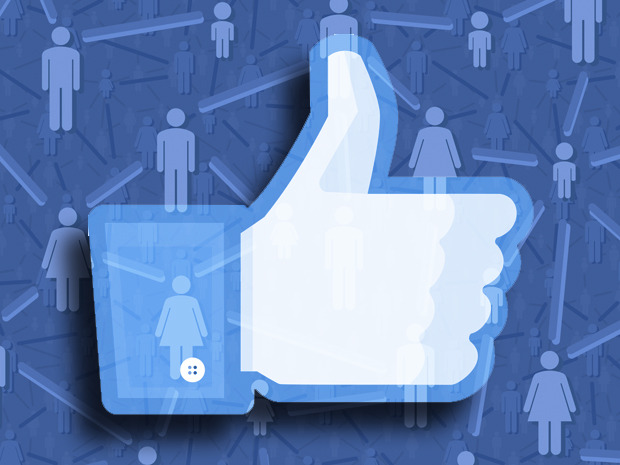

Conclusion:
All this information above makes me feel like a product when I use one of the social media's. The internet is/was a nice undisturbed place with many possibilities, now after this research I know I have to watch out for many things. And I release that it cost me a lot of time to be a part of the Sense of Belonging in the social media world.
I don't wanna miss something, and so I check constantly my social media platform. So from now on, I'm more precise about how long and what I do on Social Media. I'm sure that the Sense of Belonging on social media a great impact is on my and everyone's life. It's something normal in our daily life, that you can't escape on. And of course, it's great that the world is more connected than ever before, and this gives us amazing opportunities. But there is less and this is certainly a smart thing to do for me but also for many more people.
This journal/research has certainly been successful for me because it has given me many insights into my behavior towards social media and telephone use. I am therefore looking at how I can reduce this and enjoy the offline world more. But how and on what sizes this will work must be expressed in the coming weeks
Thank you for reading and hopefully it was useful
and you also created more awareness yourself.
Greets, Pim Hermans
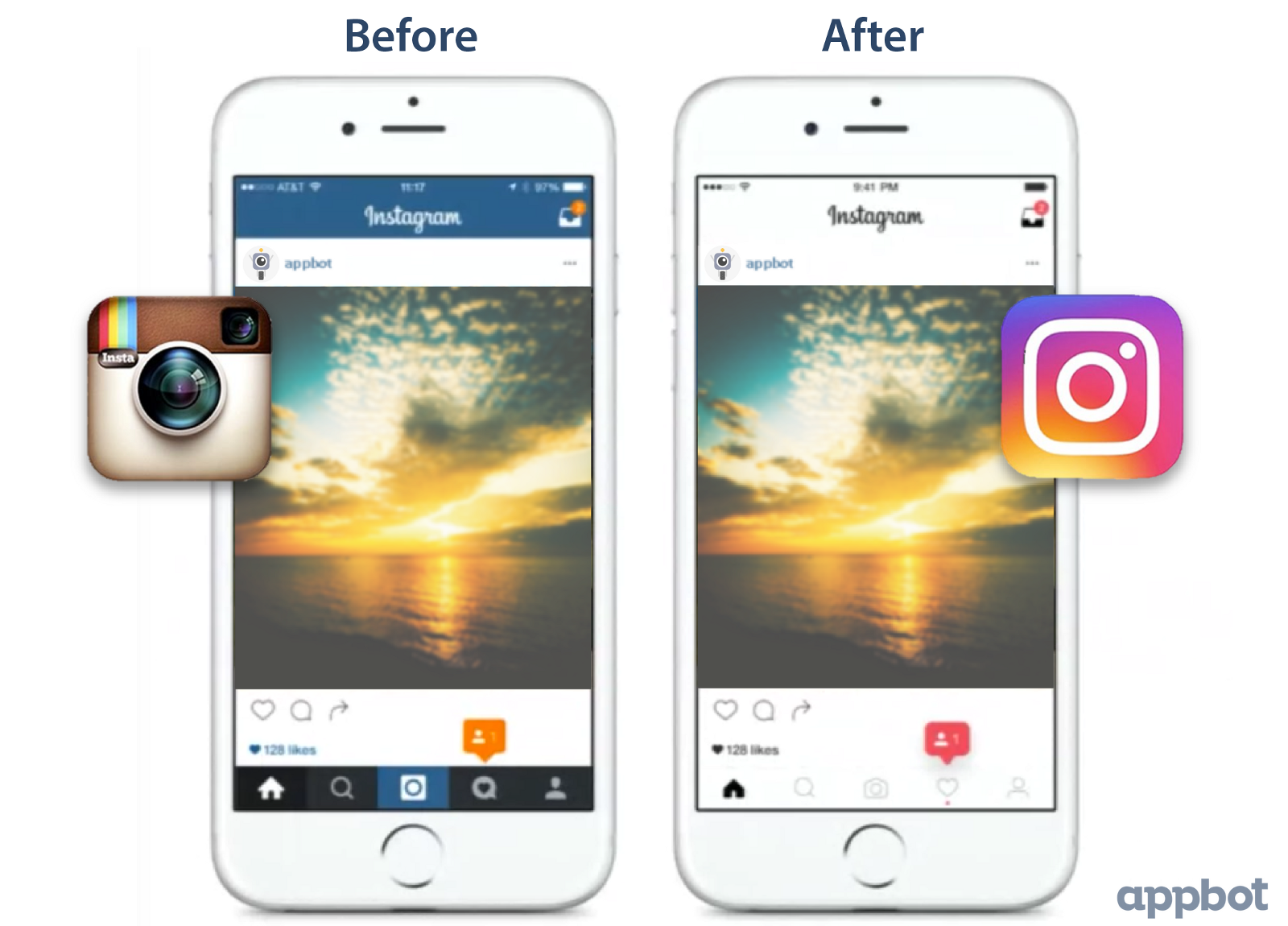
Design of Instagram over the years, the colors, icon use, messaging and look and feel have been completely adapted to make the app as pleasant as possible for the user. This is to increase the duration of the app.
We created
a monster!
While we think of social media as a product that we consume, the reality is that we are the product. Or, more precisely, “It’s the gradual, slight, imperceptible change in your own behavior and perception that is the product… That’s the only thing there is for them to make money from. Changing what you do, how you think, who you are.
Facebook's Like button, likens it to oil mining. It’s bad for the earth. But companies profit from it, so they still do it. Well, having our attention mined is bad for humanity — but the companies are still making a profit, so they still do it.
Interviewees explain how social media feeds us information designed only to elicit an emotional response from us, because that’s what keeps us engaged. That means we’re not seeing facts; we’re seeing our own opinions reflected back at us over and over, slightly altered to lead us to the next video or post, to keep us paying attention. And that’s really dangerous.
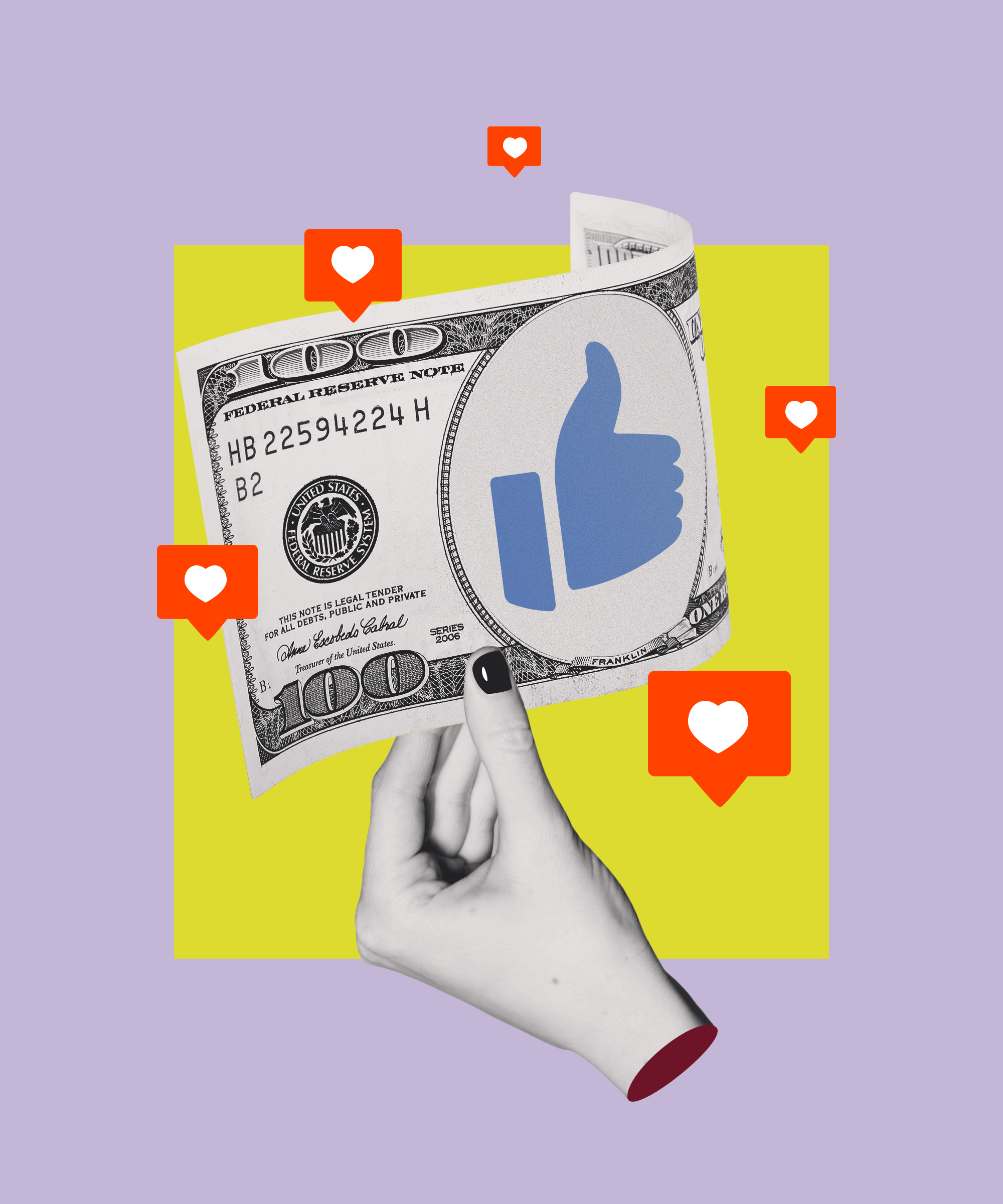
We are living in a technological society. Technology has become so omnipresent in our life that it has given us a new environment, a new setting. Which is transforming how we act on privacy. Within this new environment, we accept almost everything in the internet realm. However, we are not aware of how much personal information we give to these major technology companies in exchange for "free" use of their platform. Using Google's search engine is free, but consumers trade their personal data in exchange for using the platform.
This is where the privacy paradox comes to play. The paradox arises from the fact that consumers value their privacy however they continue to use the services as google that undermine their beloved privacy.
Data has political and economic power. For these big companies, it is the goal to collect as much data as possible. But how this data be used and by who? Will it undermine our freedoms?
Every time that tech companies say that their product or service is free. It is not.
There is this unwritten rule that: If the service itself is free, the service is not the product, then you are the product.
We claim to treasure our privacy, yet want badly to be known and seen. We give our personal data away but are spooked when the same set of advertisements follows us. We would not like it if our personal data is mined and scraped, yet still, everyone is using google. Users have to understand the tradeoff between losing privacy and the benefits they get from using services that undermine it.
Google is struggling to make a service where the user is not the product. So we decided to create an alternative method so the consumers no longer have to exchange their personal data for a free service from Google. The platform is aimed at people who are aware that Google is using their personal data but do not know how to bypass this type of media.
That is why we created “The Deprivable Data” a printable service to bring your digital life into the real world.
A program that can print your google data into a tiny map, offline search engine, pictures and agenda. All with the means of bringing your digital life into the screen-less world. As soon as you print your weekly routine it will self destruct your google data. By doing so Google will not be able to track your activities so you can become more independent of their services.
Each week you receive a printable version of your activities immediately deleting your current google data. The booklet provides your weekly planning. At the same time, you can see how the amount of data you took back from google. Taking your privacy data back into your hands.
Own work what fits in this subject:
The conclusion from my screen time:
As you can see in the images above, I have an average screen time of 4 hours 15 minutes over 3 weeks. This is quite a lot, especially when you consider what I do on my own. Social Media & Entertainment are far from the biggest categories of my phone usage. You could actually say that my entire phone is a social media size. And I only do this to check other people's lives, see if I'm missing anything and to fill up some time.
Some interest facts:
- An average user spends 2 hours and 24 minutes per day on social media in 2020.
- 50.1% of the time spent on mobile is done using social media apps in 2020.
- Facebook is the most popular, costing people an average of 2 hours and 24 minutes each day.
- Youtube takes an average of 40 minutes per day.
- Users spend an average of 30 minutes per day on Snapchat in 2020.
- Instagram users are spending an average of 28 minutes on the platform daily in 2020.
- Pinterest users take it slow and scroll through ideas for only 14.2 minutes every day.
Impressive, considering there are 3.196 billion people actively using social networks. What’s more, the internet user of today spends those 2 hours and 33 minutes socializing online mostly on the six most popular platforms. Between April and September, 83% of all internet-users were engaged with social media. And only 24% of those find it has a positive effect on their work.
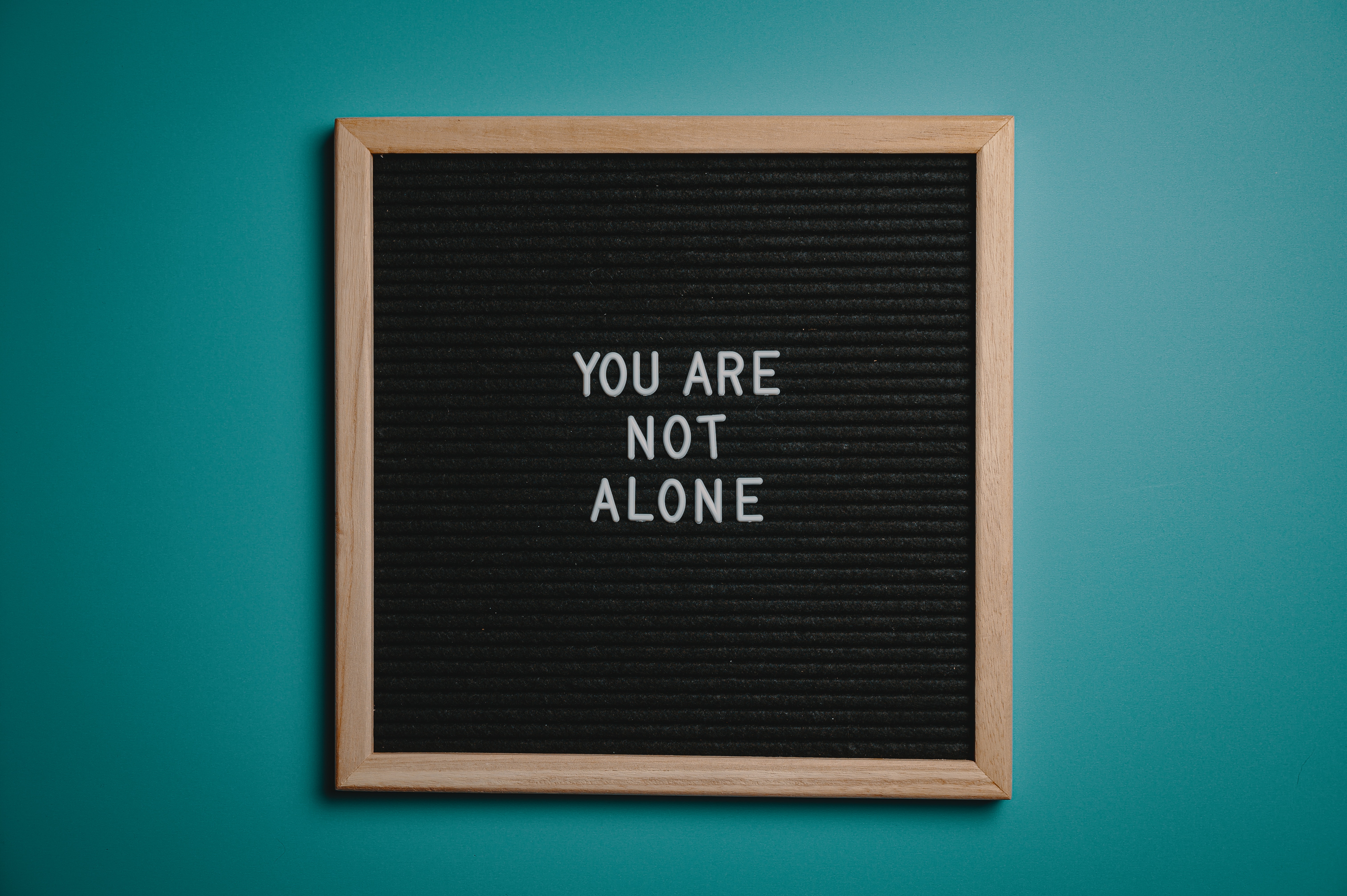
So, Social media platforms offer an ever-wider variety of things to do. Be it to check on your friends, fill up free time, stalk your ex, become famous, or find the right outfit for a return to the real world. Social media has a powerful influence on our daily activities as well. It can affect what we buy, what we like and dislike, and which places we choose to visit. This simple networking concept is arguably just a front for a robust marketing machine running in the background.
“How much time do people spend on social media?”
Then becomes important in terms of revenue as well. Brands are aware that social media can make or break their business, and they are using it anyway they can. With this much money to make, these apps will keep growing – that much is certain. It only remains to be seen how we’ll choose to use them. Misuse the power, and you’ll wreak havoc in a world that already has way too much of it. Use them right, and you’ll find yourself with a powerful tool to uplift and inspire.
https://techjury.net/blog/time-spent-on-social-media/
